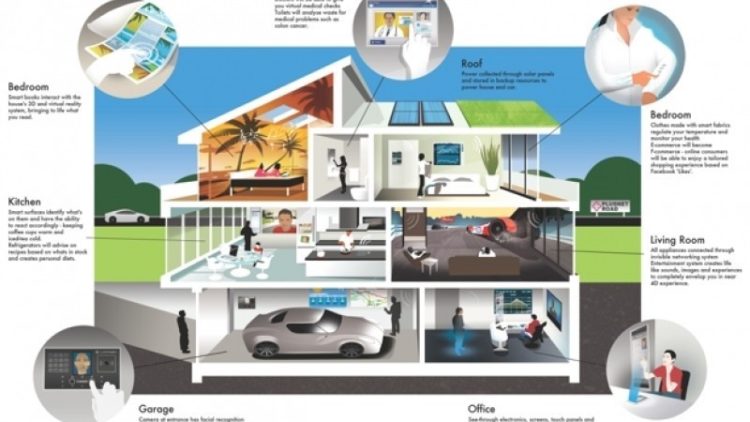Planning Your Smart Home’s Structured Wiring – Part 2
As discussed in Part 1, smart home automation technology has increasingly become more sophisticated, making their installation more complex. Homeowners may not be aware that licensed electricians provide 72% of this type of service. Fortunately, smart home devices and their components have become also more affordable and offer greater control. Part 2 will cover Planning with an Electrician and Three Differences from Traditional Wiring.
Planning with an Electrician
As smart home devices are more complicated, their installations may be more time consuming than ordinary wiring. Keep this in mind when creating a budget for the project. It is important that you and the electrical contractor discuss exactly what you need while getting detailed estimates. Electricians who are experienced in home automation will typically spend some time discussing your options beforehand and provide instructions after installation.
Labor Intensive
The typical smart home system will install audio and visual jacks in almost every room. In contrast to traditional homes, which are wired fixture-to-fixture and room to room, each point in a smart home will be connected to a single control panel, making more wiring necessary. The process is very labor intensive because more wiring than usual will have to be pulled to various locations and labeled accurately for the control box.
Coordination
To best manage an installation of a home automation system, make sure that the electrical services company is coordinating their efforts with the builder. Another important aspect is confirming that the electrician is knowledgeable about the manufacturer’s installation requirements for their smart home systems, which may be quite specific for their products.
Three Differences from Traditional Wiring
Modular Wiring Systems: Multi-function cables that feed several rooms back to the main distribution box have made the installation process simpler.
Centralized Control Cabinet: Cabinets have been developed to contain both material control modules and wire terminations.
Smart Switches: They do not control power, but send a signal to a brain that activates different devices. These switches can be reconfigured as often as needed without tearing down walls and changing cables.
Electrical Services You Can Trust
Founded in 1991, Meyer Electrical Services provides home and commercial electrical services in Maryland, Virginia, and D.C., where we are licensed and insured. Based in Bethesda, our team proudly serves all of Montgomery County. Receive a free consultation for custom electrical work today by calling (301) 941-1400.


